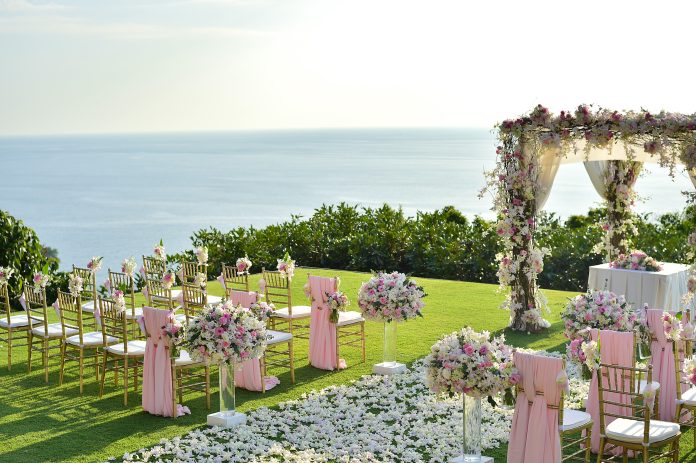
SINGAPORE, 26 August 2024: There’s a strong appetite for ‘destination weddings’ in the Asia Pacific, with Indians heading the list of nationalities keen to tie the knot at popular overseas destinations.
A leading global travel app, Skyscanner, recently partnered with OnePoll to conduct a survey targeting adults planning or having already had their weddings. Findings showed that 68% of APAC adults interested in weddings want to, or have already done, a destination wedding, with Indians topping the leaderboard ahead of Singaporeans, Koreans and Australians. For more information, visit https://www.skyscanner.com.sg/mobile.html

Top takeaways
• A significant portion of APAC adults, around 30%, are willing to invest 26-50% more in a destination wedding compared to a traditional hometown ceremony.
• When it comes to selecting locations, APAC adults are prioritising regions close to home, with respondents from India, Singapore, and South Korea favouring Asia and those from Australia opting for Oceania as their top choice.
• In terms of planning tools, about one-third of respondents reported using social media to assist with their destination wedding plans. Additionally, over 20% of respondents from each market are considering the use of online travel agents, while a smaller percentage are turning to travel meta-search engines and AI-powered search tools.
The survey sampled 2,000 respondents from Australia, 2,000 from India, 1,000 from Singapore, and 1,000 from South Korea, all aged 18 and over. About three in four of the respondents from India had attended a destination wedding before. On the other hand, two-thirds of South Koreans have not attended one before, and more than half of Australian respondents have not.
Cost matters in APAC
Parental approval is the top consideration for Indians, while in Australia, Singapore, and South Korea, cost and budget considerations are the top priorities for over 75% of those interested in weddings when choosing a destination. In contrast, while cost/budget is the third most important factor in India (41%), parental approval (50%) and tradition/culture hold greater significance (44%).






